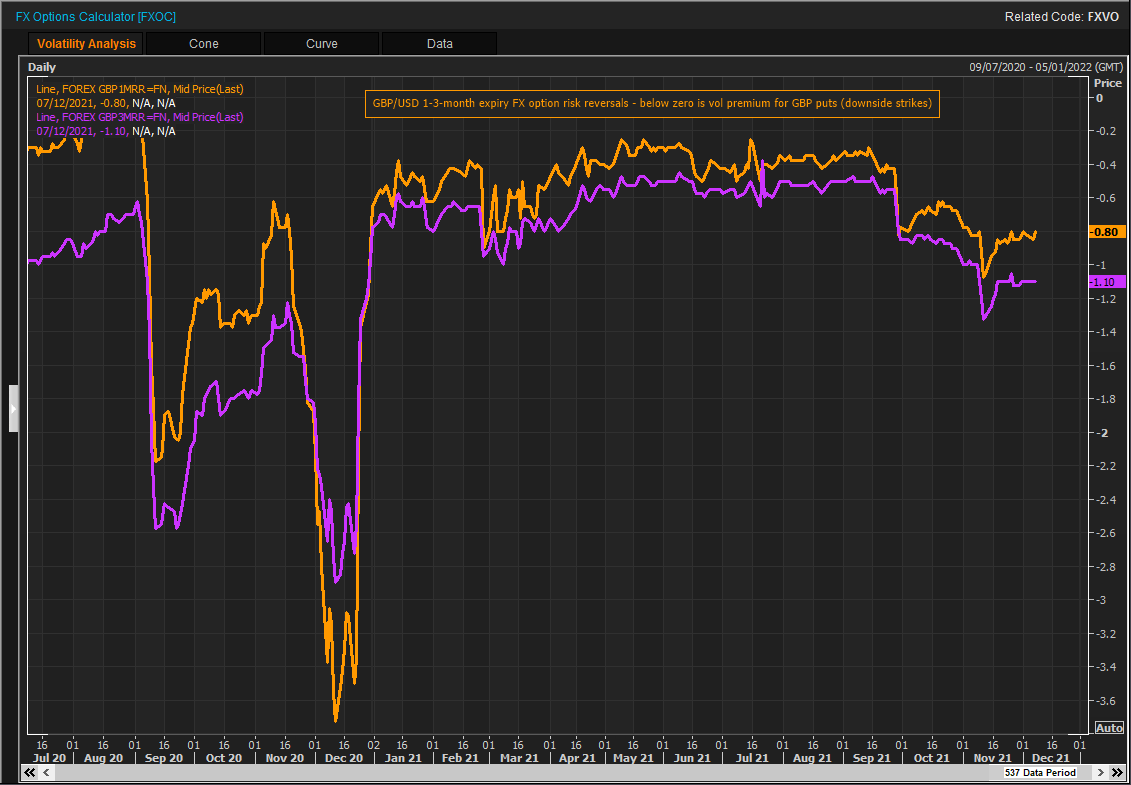
Global real estate funds offer many benefits. Aside from providing you with income, these funds also have the potential to generate capital appreciation. The Global Real Estate Fund's investment philosophy aims to provide both income and growth through the purchase of real property. The fund aims to provide a high return on your investment over a prolonged period. How can you choose the right global real estate fund for you? Here are some things to remember:
Investing Objectives
Global real estate funds may be an option for those who are interested in current income or long-term capital growth. These funds invest in equities and global real estate investment trusts. These funds usually select complementary managers from a large number of investment managers to combine them into one fund with a common objective. Global real estate funds offer diversification and higher returns, but also provide greater risk to investors.

Asset allocation
While diversification is an essential component of portfolio construction, the reality is that global real estate funds rarely reflect this. An example of this is the 49% who have a 100% domestic real estate allocation, according to an EU survey. Meanwhile, 5% of them allocate more than half of their funds to non-domestic properties. It is vital to properly allocate your money in this asset type.
Market risk
The fact that there are so few global realty funds is surprising considering the size of the largest realty managers. With $1.5 trillion in assets under management, the top 20 real estate managers have almost tripled their size since 2002. The number of fund managers continues to grow, with some taking direct positions in assets and collaborating with a select group of operating partners. These funds are comparable to other asset types in terms of risk, with positive returns ever since inception. However, because of the equity component, publicly traded investment trusts in real estate are the most volatile. But, they all offer viable options to diversify your portfolio globally with low risk/return.
Dividend yields
A real estate fund is a great way to diversify your portfolio. These funds invest worldwide in real estate companies and offer wide exposure to the industry. While some funds are specific to a region or sub-sector, others can be global. No matter where you live, a real-estate fund is a great way of increasing your income. Here are some examples of global real estate funds.

Diversification
A Global Real Estate fund may seem to only invest in US properties. However, this is false. Global Real Estate funds can diversify your portfolio and give you exposure in the US, European, as well as Asian markets. These funds can invest not only in US properties but also in specialty living properties and self-storage. This will allow you to diversify your realty portfolio while also exposing you to other high growth areas, including data centres, healthcare REITS, cell towers and specialty living property.
FAQ
What is security in a stock?
Security is an investment instrument, whose value is dependent upon another company. It could be issued by a corporation, government, or other entity (e.g. prefer stocks). The issuer promises to pay dividends to shareholders, repay debt obligations to creditors, or return capital to investors if the underlying asset declines in value.
What is a REIT?
An entity called a real estate investment trust (REIT), is one that holds income-producing properties like apartment buildings, shopping centers and office buildings. They are publicly traded companies that pay dividends to shareholders instead of paying corporate taxes.
They are similar to corporations, except that they don't own goods or property.
How can people lose their money in the stock exchange?
The stock exchange is not a place you can make money selling high and buying cheap. You can lose money buying high and selling low.
The stock market is an arena for people who are willing to take on risks. They would like to purchase stocks at low prices, and then sell them at higher prices.
They believe they will gain from the market's volatility. They could lose their entire investment if they fail to be vigilant.
What is the difference in marketable and non-marketable securities
Non-marketable securities are less liquid, have lower trading volumes and incur higher transaction costs. Marketable securities, on the other hand, are traded on exchanges and therefore have greater liquidity and trading volume. Because they trade 24/7, they offer better price discovery and liquidity. There are exceptions to this rule. There are exceptions to this rule, such as mutual funds that are only available for institutional investors and do not trade on public exchanges.
Non-marketable securities tend to be riskier than marketable ones. They generally have lower yields, and require greater initial capital deposits. Marketable securities tend to be safer and easier than non-marketable securities.
For example, a bond issued in large numbers is more likely to be repaid than a bond issued in small quantities. Because the former has a stronger balance sheet than the latter, the chances of the latter being repaid are higher.
Investment companies prefer to hold marketable securities because they can earn higher portfolio returns.
Statistics
- For instance, an individual or entity that owns 100,000 shares of a company with one million outstanding shares would have a 10% ownership stake. (investopedia.com)
- Even if you find talent for trading stocks, allocating more than 10% of your portfolio to an individual stock can expose your savings to too much volatility. (nerdwallet.com)
- Ratchet down that 10% if you don't yet have a healthy emergency fund and 10% to 15% of your income funneled into a retirement savings account. (nerdwallet.com)
- "If all of your money's in one stock, you could potentially lose 50% of it overnight," Moore says. (nerdwallet.com)
External Links
How To
What are the best ways to invest in bonds?
A bond is an investment fund that you need to purchase. They pay you back at regular intervals, despite the low interest rates. You make money over time by this method.
There are many options for investing in bonds.
-
Directly purchase individual bonds
-
Purchase of shares in a bond investment
-
Investing through a broker or bank
-
Investing through an institution of finance
-
Investing through a pension plan.
-
Directly invest through a stockbroker
-
Investing through a Mutual Fund
-
Investing in unit trusts
-
Investing via a life policy
-
Investing in a private capital fund
-
Investing with an index-linked mutual fund
-
Investing with a hedge funds